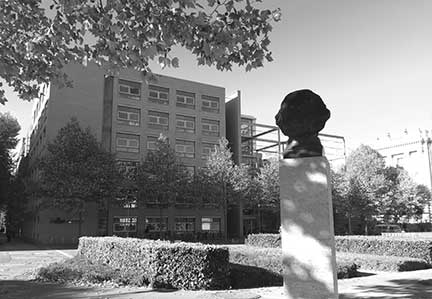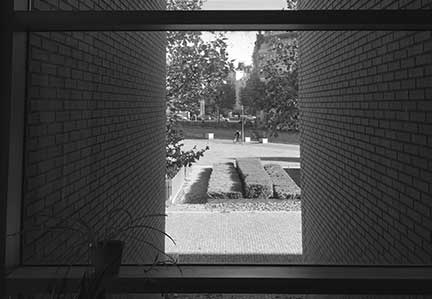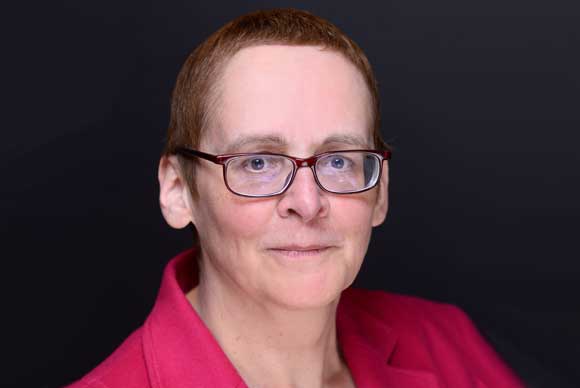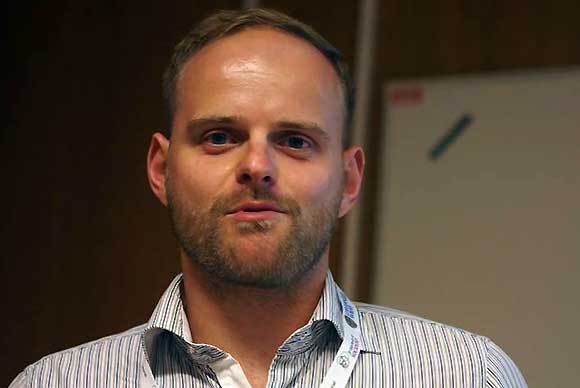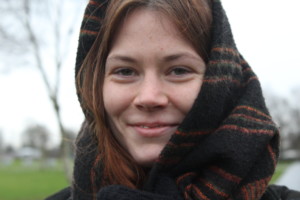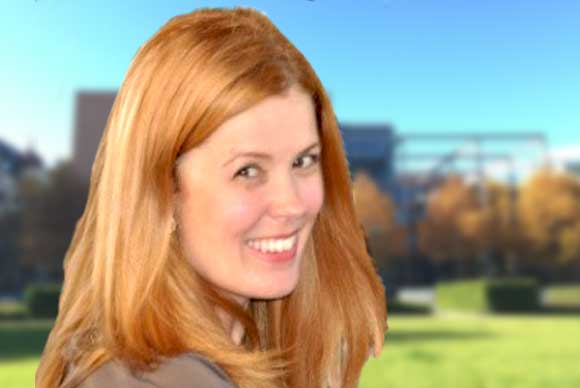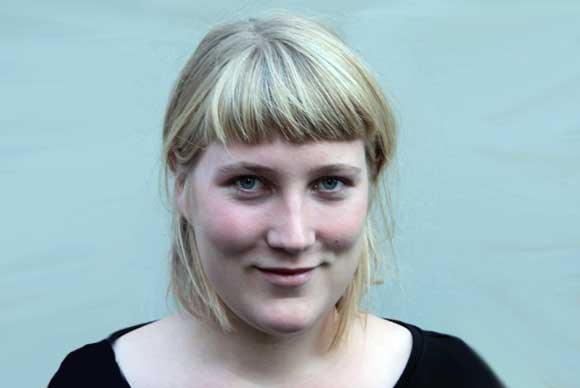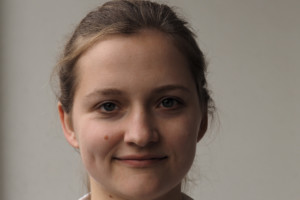
The Project
During this project we will examine religious and non-religious worldviews of people who aren’t capable of sustaining their lives on their own because they lack the financial means and are therefore dependent on government support. The project will look at multiple research sites in Europe and the UK in order to compare experiences internationally. Research participants are equipped with few material resources, hence their participation in society is restricted along with their ability to control their own lives. They are threatened by economic and social exclusion and stigmatisation and are confronted with experiences of insecurity and precariousness to a large degree. At the same time, these individuals are dependent on the support of society.
Find our project information sheet here: Information Sheet
Blog
Team
Research Approach
The starting point of our research design is that the social conditions of our respondent’s lives affect their world views. The targeted group of job seekers, working poor and recipients of benefits are especially interesting, since they suffer from low material and symbolic ressources, high risks, exclusion, social isolation and stigmatisation. They are exposed to the harms and insecurities of life. To live in social conditions like this affects the ways the concerned persons see their lives and the world around them. A comparison of different countries seems to make sense to us, since poverty means something different in varying contexts. To be poor implies differing concequences, depending on your cultural and social background.
The Qualitative Paradigm
Following these ideas, we’ve decided to choose a qualitative paradigm to guide our research. Instead of testing hypotheses we want to approach our data freely and in an unique interpretive way. We don’t want to attribute certain world views to variables or factors (urban-rural, confession, regions of high unemployment), but develop theories which are grounded in den interview data. Therefore, theoretical sampling as it is known from Grounded Theory Methodology will guide our sampling. We’re not mainly interested in statistical representativity, but theoretical saturation, which will be achieved by specifically drawn comparisons. That means, we will define the range of varying context conditions by choosing cases from different areas and countries. This will guarantee a wide array of life conditions.
At the Core: The Comparison
We will achieve a theoretical saturation and ccontrasting cases by several stays in the field. This way and by comparing the different cases, we will cover a spectrum of lives in poverty and how people deal with it. The comparision will inspire and ‘surprise’ our theoretical journey into the field of poverty studies. It is a heuristical means, that allows new theoretical insights.
Location
c/o KFG ‘Multiple Secularities’
Nikolaistraße 8-10
04109 Leipzig
Germany
Our Institute
